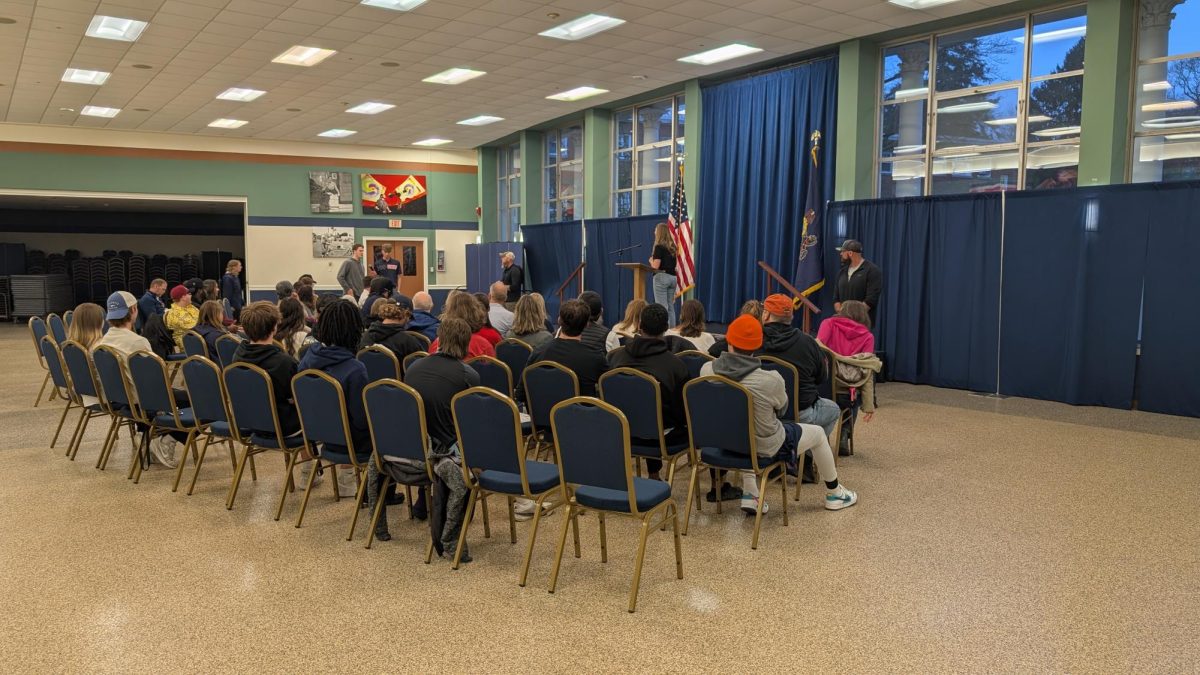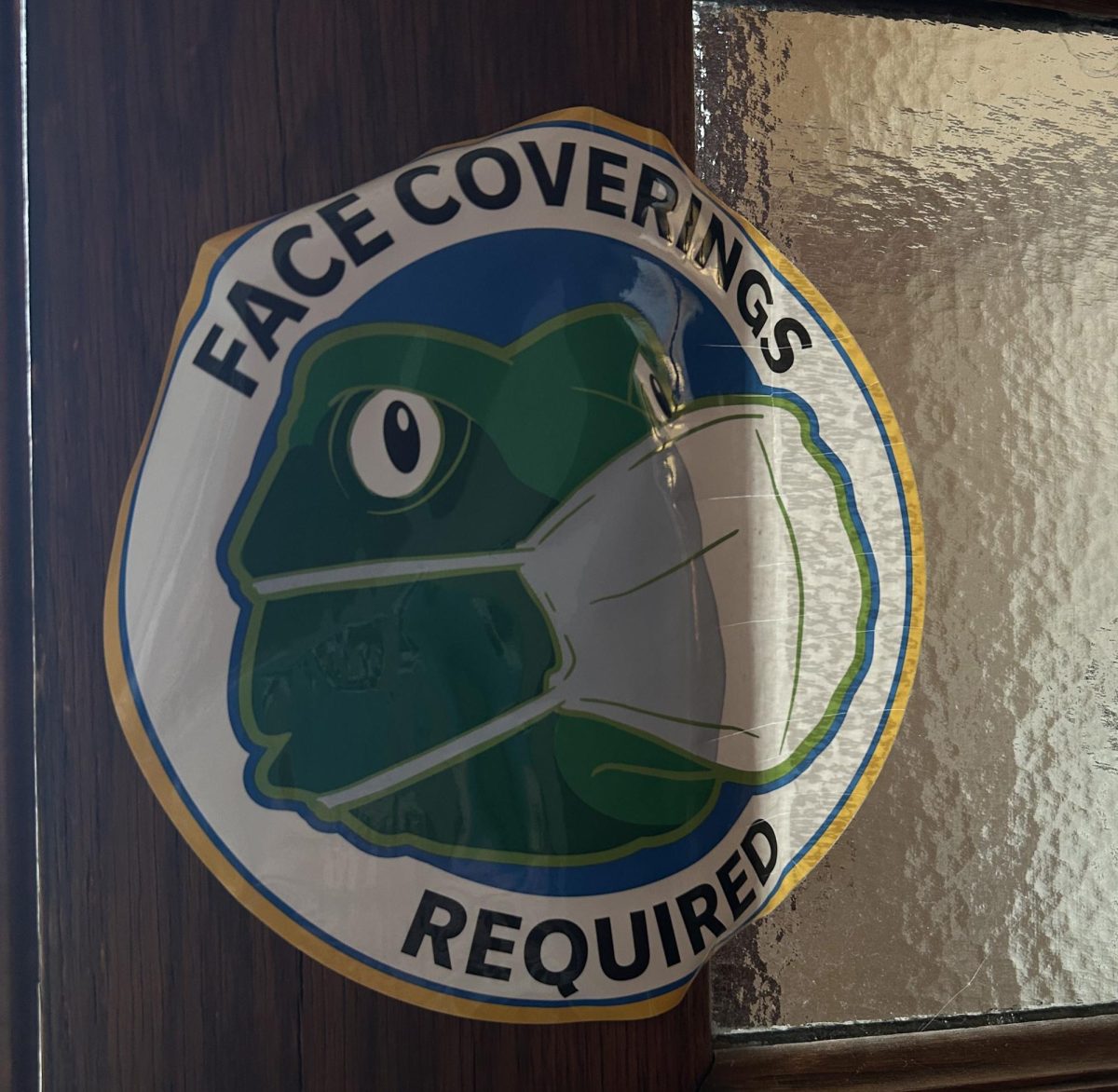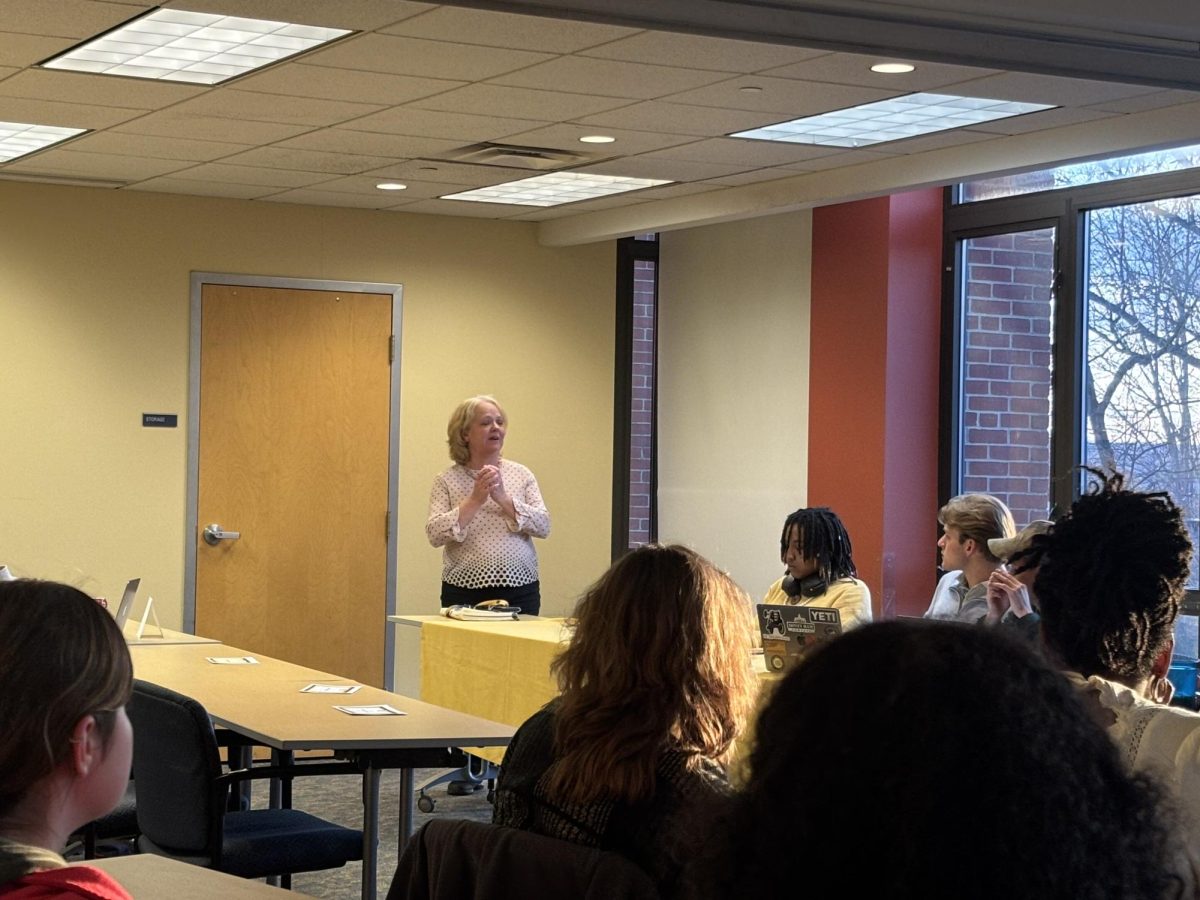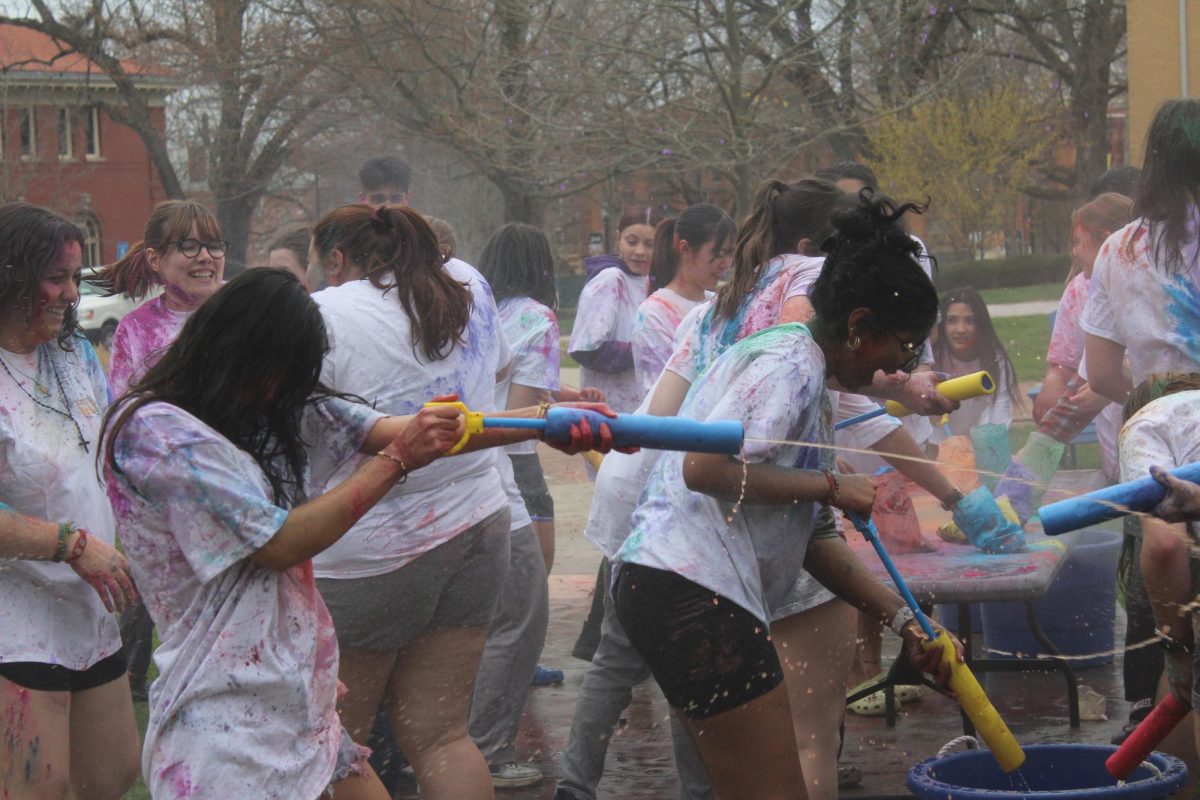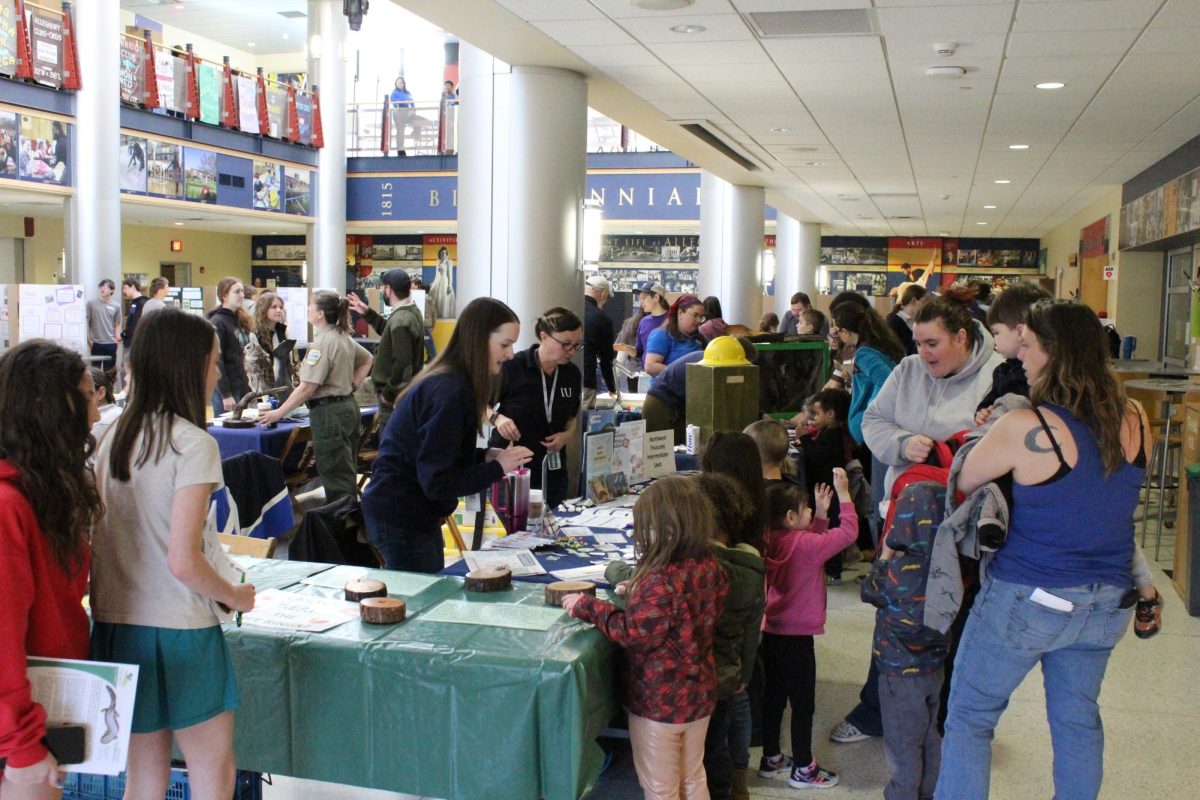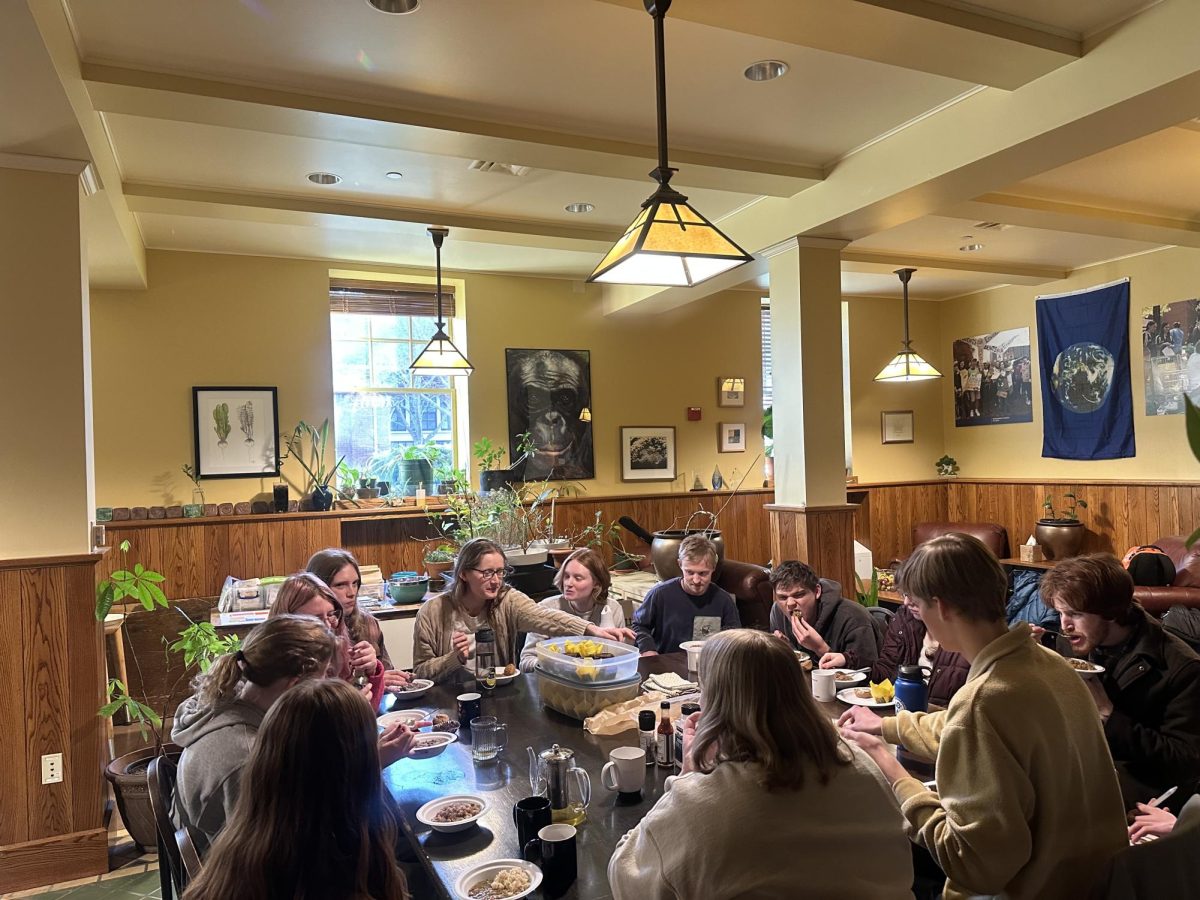What role does religion play in shaping our attitude towards the natural world? On Saturday, April 17 at the Diamond Park in Meadville, students, professors and all interested individuals will have the opportunity to find out as they get their first lesson in religious ecology 101.
Debate concerning environmental stewardship and religious obligations are an enduring topic. The voices of most churches want environmental partnership, but are having a difficult time conveying the message to older members and attracting new ones.
Although a high percentage of people still believe in God, the declining participation of religious members is a rising problem with today’s coalitions.
“Recent surveys on United States religious attitudes suggest that fewer people are involved in institutional religion, such as churches or synagogues, but there are still high rates of belief in God and involvement in spiritual practices like prayer or meditation,” said Dr. Jane Ellen Nickell, professor and chaplain at Allegheny College. “It suggests that many people seek to nurture their spiritual lives, but they may not turn to organized religion as they did in the past.”
Not only are faiths having trouble attracting new members, they are just recently beginning to pass on the message of environmental partnership as a moral obligation to followers.
Just months ago, the leader of the Roman Catholic Church, Pope Benedict XVI, addressed the issue of environmental degradation. Benedict’s followers, globally totaling about a billion people, heard the message of environmental concerns being “moral and ethical issues” and noted people have “a grave responsibility to preserve the Earth’s order for the well-being of future generations.”
“Environmentalism is an important topic around the world right now,” said Amy Flynn, ’10. “If congregations want a younger resurgence because of older followers departing, they need to pay attention to current issues that are politically, ethically and spiritually important.”
The workshop taking place Saturday will address current issues by talking with congregations and individuals who are interested in making their place of worship more environmentally responsive while maintaining a financial structure.
“Religious beliefs have a strong role in shaping our worldview, so much so that even non-religious people are influenced by its messages,” Nickell said. “We all share the same earth, and are dependent on it for everything we need to live. Whether you see Earth as God’s creation in need of care, or more pragmatically as the source of life itself, I think everyone should be concerned about the many ways that earth systems are threatened.”
The “Greening Faith” workshop addressing ecological religious practices came from a newer approach to teaching: service learning. The style encourages students to interact with their campus and local communities hands-on rather than solely learning in a classroom setting. Nickell’s class explored the intersection between religion and ecology, and how religion can both contribute to and help address environmental problems.
“The class is very unique because the service learning component is something most people don’t get a chance to do throughout their college careers,” said Rob Webber, ’11, a member of the class. “Working with individuals in the class to prepare for Saturday’s event has made everyone excited to teach the importance of issues we have been learning and discussing for the past three months.”
Theologians from a wide spectrum of backgrounds are continuing to promote the new ecological movement. They are gearing theological schools to the topic, and reaching out to ministers and the public more often no than ever.
“Issues concerning ethical or green responsibilities and congregational membership are significant topics of discussion,” Flynn said. “Ranging from global followers of the Catholic Church to individuals interested in attending the faith based workshop, awareness is rising and people are communicating better about the present dilemmas.”
Nickel encourages anyone interested about the workshop or any other related issue to contact her at jnickell@allegheny.edu.





